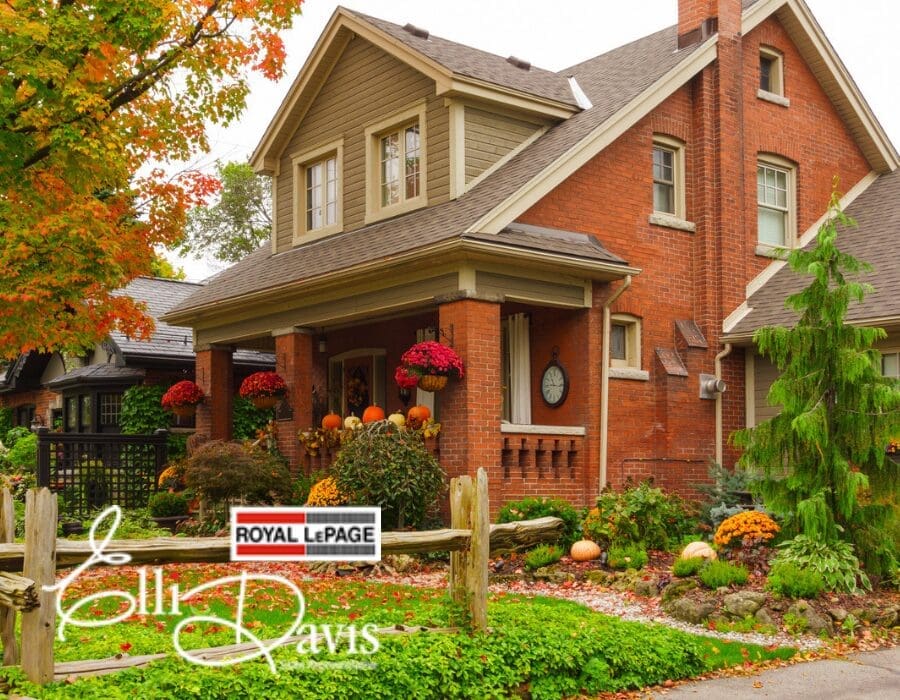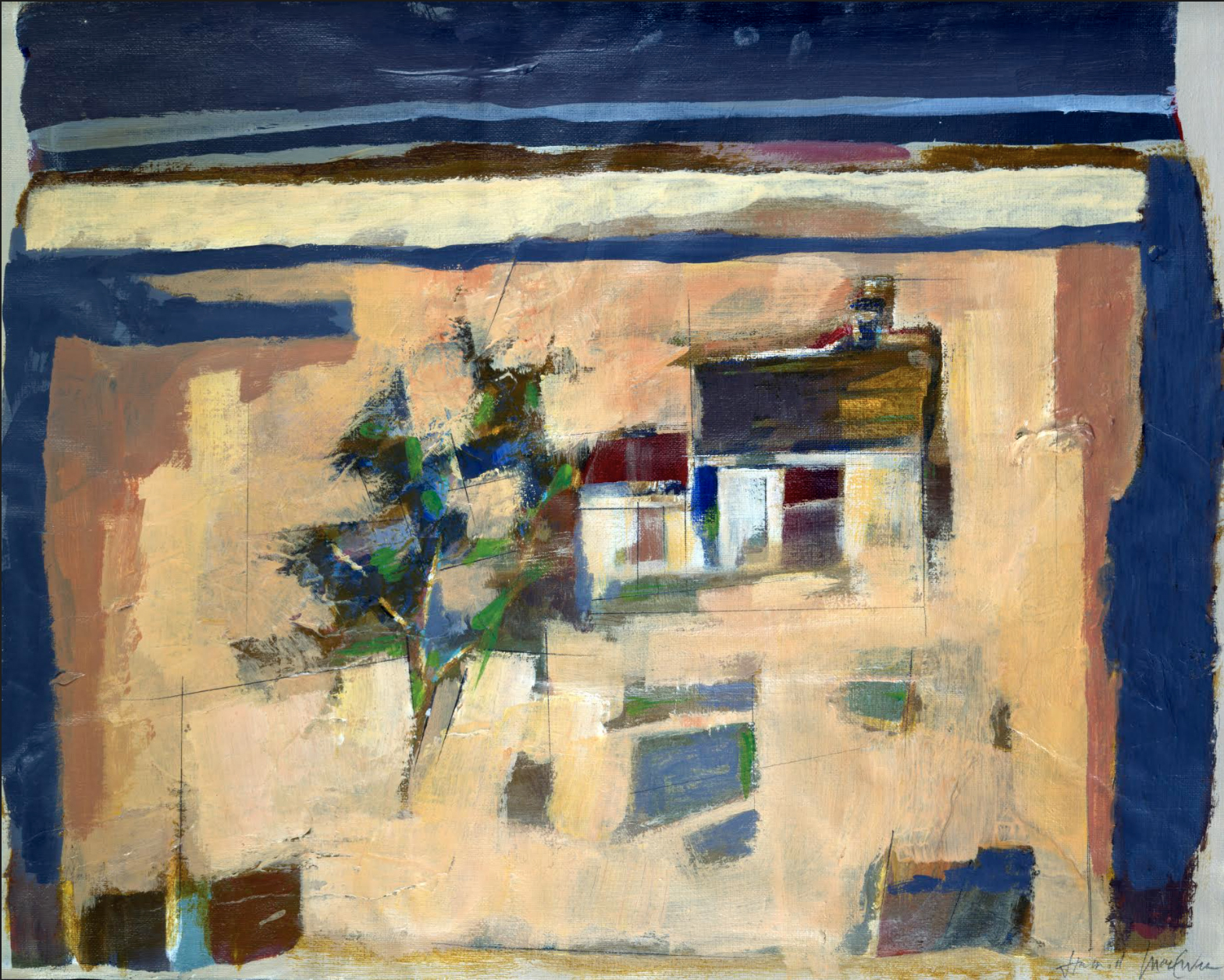Even though buying a home is one of the biggest investments in our lives, many Canadians overlook one important aspect of this complex process, the closing costs. People can easily become overexcited when they finally choose the house of their dreams and figure out their mortgage and down payment, forgetting that there are other expenses involved in buying a home. They also forget that these expenses can account for as much as 4 percent of their purchase price.
Canadians often overlook some of the one-time fees associated with purchasing a home, such as appraisal fees or land transfer taxes, and 6 percent do not prepare their budget for anything other than the down payment and monthly mortgage payment. James Loewen, the owner of the Burlington-based Loewen Group Mortgages, who also runs a blog packed with useful information about mortgages, commented,
Most clients are aware that there will be some amount of costs (land transfer and legal costs) but very few we speak with know what to expect. One of the major things we have noticed is the lawyers fee; the difference between lawyer fees versus disbursements.
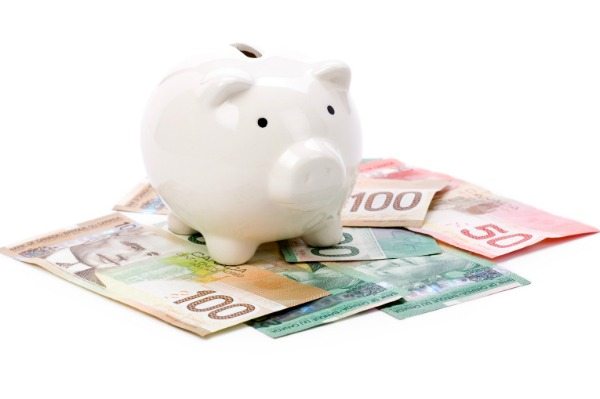
Anticipating closing costs is crucial for creating a budget because your deal might not go through if you don’t have sufficient funds to pay your closing costs. Also, closing costs vary across municipalities. For example, if you are buying a home in Toronto, you should be prepared to pay both the municipal as well as provincial land transfer taxes. Some of the fees you will have to pay before closing the deal can be negotiated, and some of them cannot. So you should always seek professional advice to find the best solution, instead of relying on the unverified information. As James Loewen told us, one of the reasons Canadians overlook closing costs is,
Generally a friend or such just tells them to set aside $5,000 for closing costs; not explaining that there is no fixed amount payable or educating them on where to find out the variable cost based on purchase price.
Buyers should be aware of what closing costs entail so that there are no surprises during the final stage of buying a new home. Here is a list of the additional costs you will have to pay during the closing process.
Here’s the Complete Guide to Closing Costs for Buyers
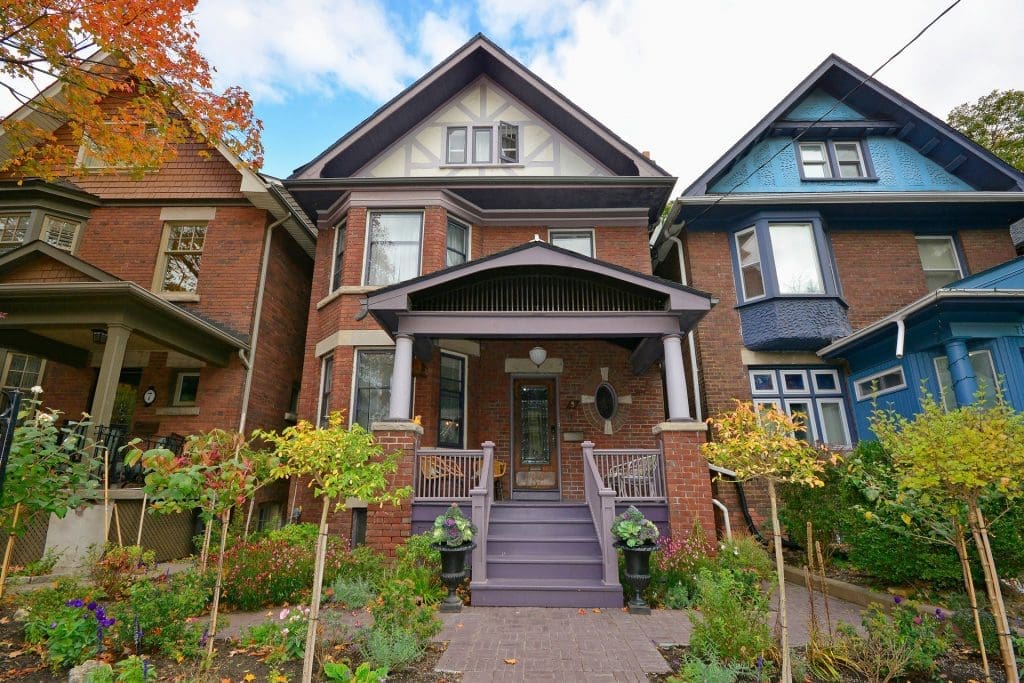
Down Payment and Deposit
It is possible to buy a home with a down payment of only 5 percent, but in this case, you should expect a high-ratio mortgage, which has to be insured by a third party. The rule is simple: the more you put down, the less you have to spend each month on mortgage payments. In addition to the percentage of your down payment, the insurance premium also depends on the amount you are borrowing. You can add it to the principal balance and pay it off as part of your mortgage or you can pay it off in a lump sum at the time of purchase.
If you don’t want to pay high mortgage premiums with additional mortgage insurance and qualify for a conventional mortgage, then you should put down a larger percentage of the purchase price. The function of a down payment is to prevent the lender from losses in case the borrower defaults on his or her mortgage. However, deciding how much to put down is not easy â especially in these market conditions.
As James Loewen pointed out, this decision depends on everybodyâs financial situation. First of all, if we decide that the answer to the controversial debate of buying versus renting is buying, then a down payment on $300,000 to get preferred rates would be 5 percent ($15,000) with a default insurance of 2.75 percent capped onto your mortgage. He added,
To obtain the next tier of insurer premium at 10 per cent down payment is then going to save you 0.75 per cent of premium (approximately $2,250) but require an additional $15,000. If you’re around the median income in Canada, saving $400 a month of after-tax dollars at present cost of living figures would be,
I feel, for most, doable at best (but more than likely challenging). Given this amount and some modest growth of investing, we can assume then it would take three years then to save that further $15,000 of down payment.
Plus, there are some aspects you should consider when calculating a down payment, and thinking about how to save for a house, such as its impact on your mortgage payment, future savings ability, the overall budget of your family, and how much the home will appreciate over the period you save up for the down payment.
A deposit is a payment that you pay when you make an offer to purchase in order to show that you have a sincere interest in buying the home. It is usually 5 – 10 percent of the purchase price, but it can vary. The amount of the deposit forms a part of your down payment and is written in the contract of purchase and sale. If you decide to terminate the purchase, you might not get your deposit back, and in some cases, you might even be sued for damages.

Appraisal Fees
Mortgage lenders usually require an appraisal before approving a mortgage loan. This is a document that provides an estimate of the market value of the home and ensures lenders that the loan does not exceed the value of the property. The appraisal fee goes out of your pocket, and the cost varies depending on the value of the property and how difficult it is to assess its value. Appraisals are performed by licensed independent appraisers who evaluate the property’s value so you know you are not paying too much. The appraisal includes an evaluation of the whole property, its location, amenities, and physical conditions, recent comparable sales, and an assessment of current market conditions affecting the property.
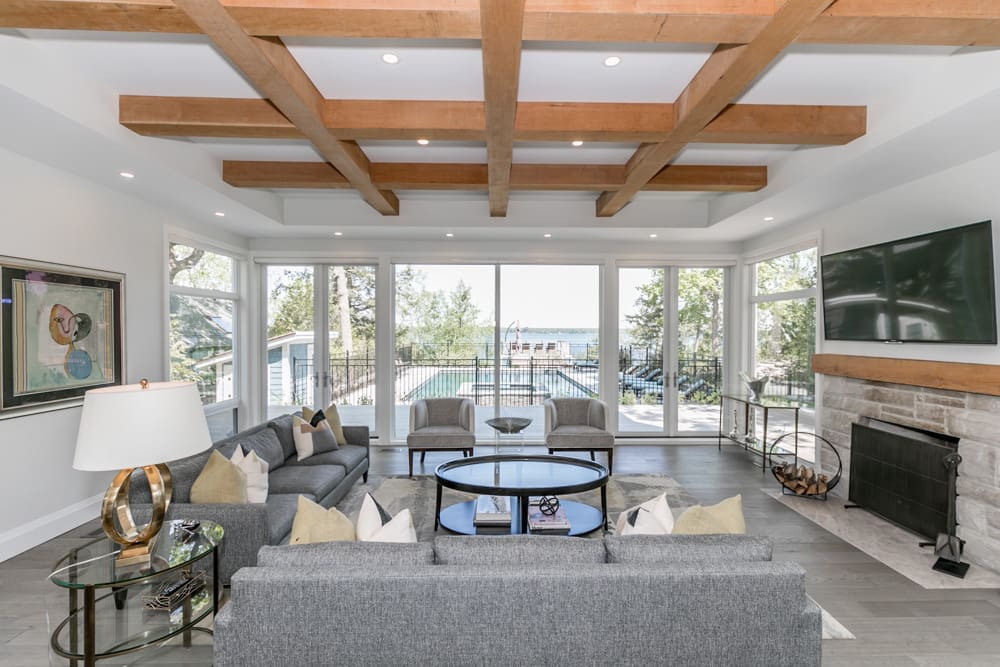
Home Inspection Fee
In addition to an appraisal, you might want to have your new home inspected by a qualified home inspector evaluating the condition of the home. The inspector will provide you a written report identifying any other potential issues that are not visible to the naked eye yet may have a significant impact on the costs and upkeep of the home. It is not mandatory, but it is very helpful to be aware of the hidden flaws of the home before purchase. Keep in mind that it is important to make sure that your inspector is certified and to confirm his or her credentials. Manny Johar, a Toronto mortgage agent from Expert Mortgage, warned us,
Unfortunately, regulation in this industry is not very good, and virtually anyone with some experience in the building trade can get a certificate. The home inspector’s job is to confirm that the house is in physically sound shape. It includes inspecting walls, floors, roof, furnace, et cetera.
Most inspectors will not go up on the roof and just do a physical inspection from the ground, which is a total scam!
Moreover, the Canada Mortgage and Housing Corporation recommend making a home inspection a condition of your offer to purchase. The cost of a home inspection varies depending on the age, size, and complexity of the house as well as on its overall condition. It’s always important to know yourself what to look for with our condo inspection checklist and house hunting checklist.

Survey or Certificate of Location
A survey or a certificate of location is a document that specifies the exact location of the condo building on the property and describes the type as well as the size of the building with all its additions. Some mortgage lenders ask for an up-to-date survey of location before signing off on the loan, to ensure that the house youâre about to purchase is located on the property without any encroachments. Manny Johar pointed out,
The document describes the exact dimensions of the property. The importance of such a document is that it proves exactly what the deed holder owns and its relation to its neighbours.
Normally a survey is not required to close a file in that most lawyers obtain title insurance on closing, which insures the purchaser from faulty title.
In most cases, you can obtain one from the seller, especially if there were some recent additions to the house, but if this fails, you will have to pay for one yourself. The cost of a survey of location varies between $1,000 and $2,000, and the survey can be conducted only with permission from the property owner.
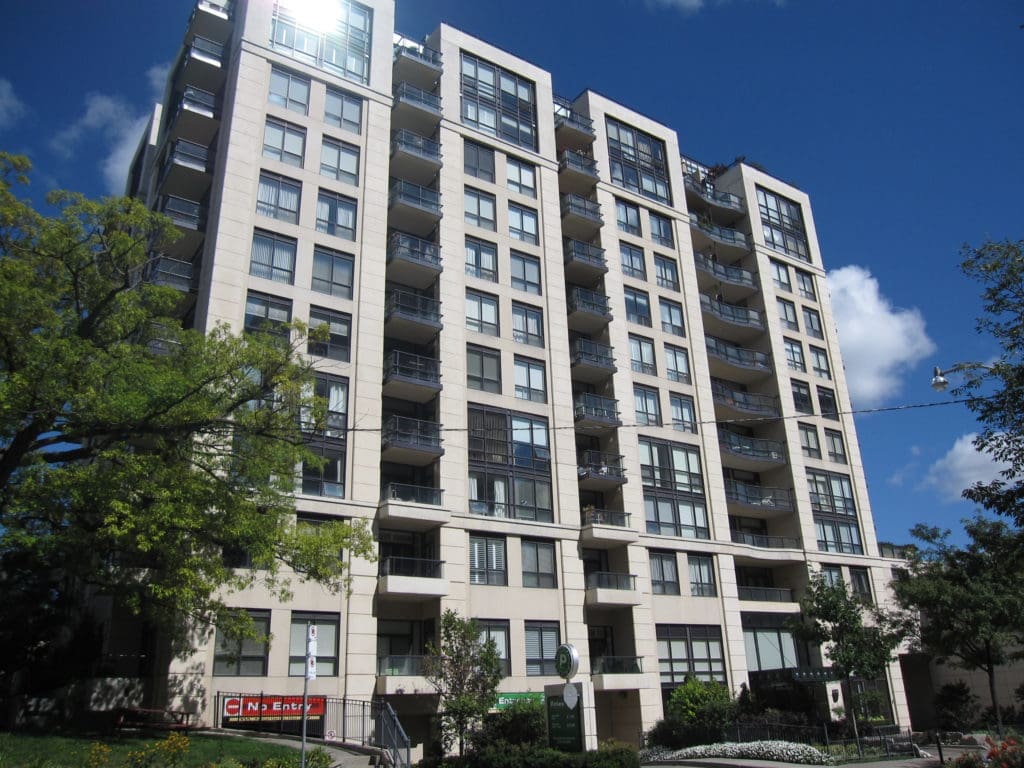
Property and Title Insurance
A property insurance policy does not only provide protection and peace of mind for you and your family, but it also protects the interests of your mortgage lender, as your home is security for the mortgage. So, many lenders require borrowers to purchase property insurance. It covers the cost of replacing your home and its contents in case of unavoidable loss and it has to be valid already on closing day. In addition to property insurance, your lender, lawyer, or Realtor might suggest that you purchase title insurance as well. As James Loewen noted, they are very different coverages, and asking if people should purchase title insurance in addition to property insurance would be like asking if people should obtain life insurance in addition to auto insurance! He added,
Title insurance protects against ‘title defects’ like encroachments or fraud as well, while property insurance will cover you (and is required by law at closing) for liability issues and home replacement costs. Example: a guest injuring themselves on your property, or if your home should suffer loss due to a fire or theft.
It covers issues that may arise as a result of defects of title to the property, such as encroachment issues, existing liens against the property’s title, title fraud, undischarged mortgages, et cetera. The cost of title insurance is paid as a one-time premium.
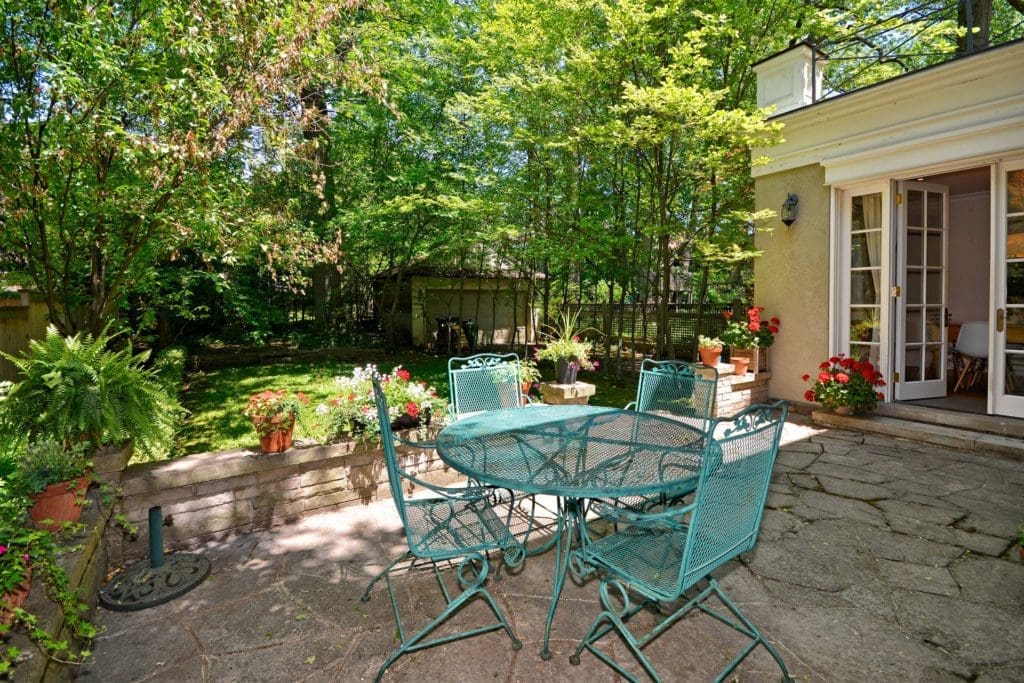
Land Transfer Tax
Land transfer tax is charged whenever a property changes owners, and it must be paid when you close the sale. In most Canadian provinces, there is a provincial land transfer tax, but some cities (like Toronto) also charge an additional municipal land transfer tax. This is a percentage of the property’s purchase price. People buying a house in Alberta and Saskatchewan donât have to pay land transfer tax but a transfer fee, which is significantly smaller. Moreover, some provinces have exceptions and rebates for first-time homebuyers. A piece of advice from James Loewen is,
Ensure you’re working with an industry professional mortgage broker that in your first meeting reviews and calculates for you the specific closing costs related to your unique circumstance (i.e. geographic location, first-time homebuyer or not, if there is any provincial sales tax on default insurance, etc.). They should outline the process of purchasing from end to end and the costs and steps you’ll be taking together.

Status Certificate Fee
If you are planning to buy a condominium or strata unit, you might want to review a status certificate. This is a document that outlines the financial well-being and legal state of a condominium corporation, which is very useful to know before purchasing a unit. In addition to providing information about the condo corporation, the certificate also outlines important data regarding the unit including the amount of condo fees, the way condo fees are paid, the total amount of fees and arrears that have not been paid by the current owner, the defaults of the current owner, et cetera. A status certificate fee can cost approximately $100.

Property Tax and Utility Bills
It is very common that the seller has already prepaid property taxes and utility bills for the time after closing the sale, especially if the closing date does not fall on the last day of the month. In these cases, the amounts that the seller has already prepaid will be adjusted and you will be required to reimburse them for these costs. Still, closing costs are different with every deal, so you should not rely on information from your relatives or friends and you should consult a professional. As Manny Johar noted,
The best person to consult for closing costs is the lawyer that will be handling the closing. Most lawyers give free 30-minute consultations to new clients. Take advantage of it! Thirty minutes is plenty of time to discuss this matter.
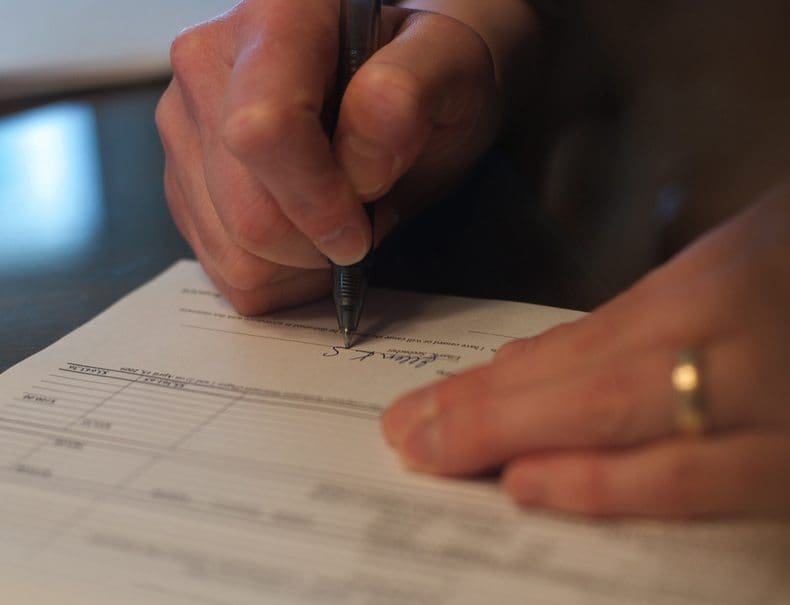
Legal Fees
In addition to all these costs, you will also be required to pay legal fees and related costs charged by your lawyer or notary. These costs should include the costs of conducting a title search, drafting a title deed, and preparing the mortgage and registration fees as well as other disbursements. Legal fees vary and you should check with your lawyer for his/her fee.
Anticipating closing costs is very important for determining whether you are financially ready to purchase a home. As James Loewen remarked,
Ensuring you not only have enough for closing costs is also not enough. The only certainty in life is uncertainty. Plan to have unplanned costs when moving, closing, renovating, and even just maintaining the home after closing. Lenders will also require confirmation that you cannot only cover your down payment but the cost to close on your new home as well.
As you can see, the home closing costs include quite a lot of additional costs that might be easily overlooked but can add up to a significant amount. You should discuss these costs with your Realtor or mortgage broker, as some of them are negotiable when buying a home.
